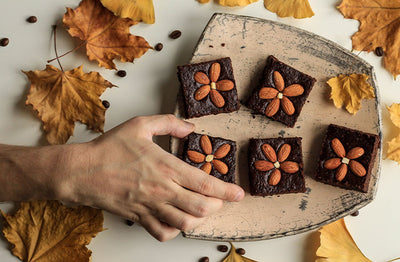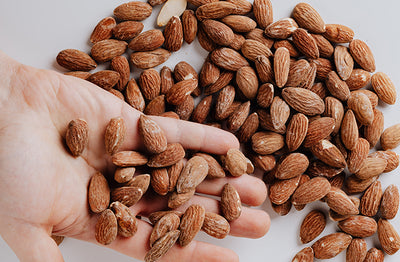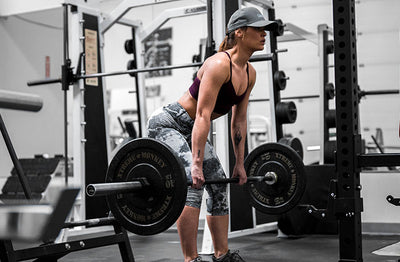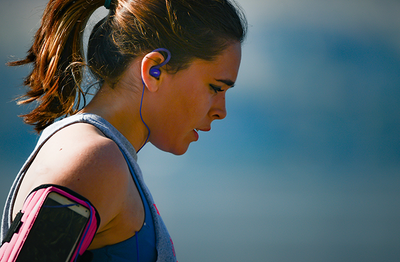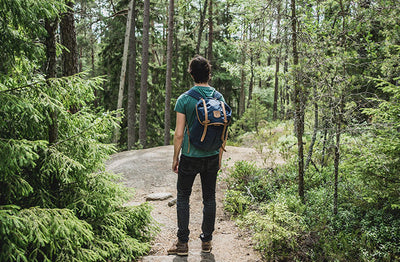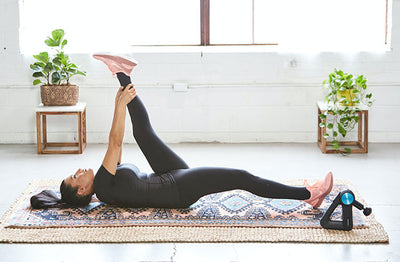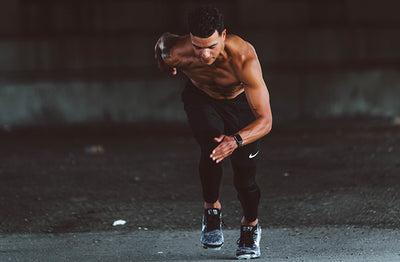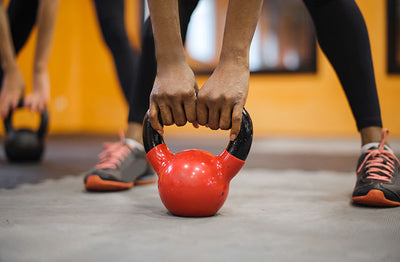Having a good training partner can be the difference between getting fit, or giving up, so picking a good exercise buddy might be one of the most important choices you make on your path to good health. It can be tempting to just pick someone you like spending time with, but you’re trying to do more than have a chat and an occasional jog on the treadmill, you need someone to help you, not just hang out with you.
Here’s a quick checklist of things you should look for when choosing a training partner:
1) Reliability:
This is the first thing on the list. You need to know that if you tee up a workout that they’ll turn up, and be on time, every time. That goes for you too though. If you’re going for a run at 6am, that means you get there, ready to run at 6am, already done with your
pre-workouts and not pull into the carpark, change into running shoes, fill up your water bottle and hit the track at 6:15.
You should also be able to rely on them to be there, week after week. You don’t want someone who takes every few weeks off because of a work schedule, or because they just felt tired.
2) Trustworthiness:
It’s pretty obvious that you need to trust a training partner. If you’re doing gym work, having them spot you while you’re doing bench press or any heavy weight means that you’re depending on them to push you, but also to step in if there’s a risk of injuring yourself.
3) Motivated
A training partner should be just as committed (if not more so) to fitness as you are. You don’t want someone who you have to keep convincing to exercise, or who seems to always skip bits of their program. They should be driven enough that you know they’ll keep working hard, even if you’re not watching them.
Ideally, they should have similar goals to you, so both of you are pushing each other to do the same things.
4) Motivating
You also want them to keep you motivated too. There will be days when you feel like taking it easy. You haven’t slept well, you badly need some
sleep or recovery aides, you’ve had things to do or whatever, and you’ll say something like “I’m stuffed. How about we have an easy one?” A good training partner will say “You know what? I feel like doing EXTRA today! Let’s hit it!” Naturally, if you’re genuinely in need of a rest, they should recognise that too (and so should you) but if it’s just that you’re feeling a bit off, they need to be able to call you on it and get you back on track.
5) Attitude
Neither of you should be too sensitive about training. If you’re slacking off, doing something wrong or just not focusing like you know you should, they need to be able to call you on it, and you need to be able to recognise that they’re doing you a favour.
If you want help, you’ve got to accept the criticism, but when things are going well you should both encourage each other too. If you’ve just finished a tough session, like a long run up and down some pretty nasty hills, then a bit of a high five and a nod goes a long way. You did achieve something after all, recognise that!
Make sure everything stays positive though. A good training partner should always be encouraging and focusing on improvement. If they’re always negative or in a bad mood, you’ll be demotivated. The reverse is true too though, approach each training session with enthusiasm and energy, with a chance for both of you to hit it hard!
6) Ability
This is more for convenience. If you’re OK with learning from someone who is much more advanced than you, or helping teach someone who is not up at your level yet, then that’s great. Nothing makes you focus on what you’re doing like teaching someone else.
It will mean that you’re constantly adjusting things though. If you’re doing weight sets, you will need two sets of weights and be switching them out all the time, or if you’re going for run, the more advanced person will always be holding back. It’s not a massive thing, but it can be inconvenient.
7) Knowledge:
Your partner should know the correct form for the exercise you’re doing. for example, if you’re swimming, they should know if your stroke isn’t quite right, or if you’re at the gym, they should know how to spot you on the bench press without putting their groin in your face. Or if you both have good knowledge on what food supplements to use for your specific work out routine, be it
Optimum Nutrition Gold Standard 100% Whey Protein,
Optimum Nutrition Amino Energy or your average
Protein Bar would be enough.
If you’re both unsure, it’s best to get a trainer to help you at the start, then you can look after each other properly.
8) Gender
As long as you’re comfortable with them, the gender of your training partner doesn’t really matter, but you may have a personal preference.
It’s very common for spouses or partners to work out together, and it can be a great way to bond and (literally) grow together.
The only time it can be a problem is if one of you is unable to spot properly because they’re so much smaller. This isn’t usually a problem if they know how to do it correctly, but it's worth thinking about.
9) Committed
If they’re always answering their mobile, or chatting away like a sewing circle, they are distracting you from the exercise that you’re doing. It’s OK if these things happen occasionally, but if they’re not committed enough to exercising when you should be exercising, they’re not going to be a lot of help with achieving your goals.
10) Convenient
Even if they tick all the other boxes, but live and work three hours away, then they’re not going to be a great training partner. Even if you can make the effort at the start, one of you will give up before too long, then you're back to finding another buddy, or quitting altogether.
Conclusion
While there are a number of advantages to having a training partner such as spotting, motivation, and companionship, there are also advantages to working alone, e.g. self- reliance, self-focus, no hassles over schedule, no one to wait for, etc. In the end, it is really up to you whether or not you want or need a training partner. If you do decide to train alone though, just make sure you stay safe, and use a spotter if you're lifting heavy weights on dangerous exercises.
Read Also:




